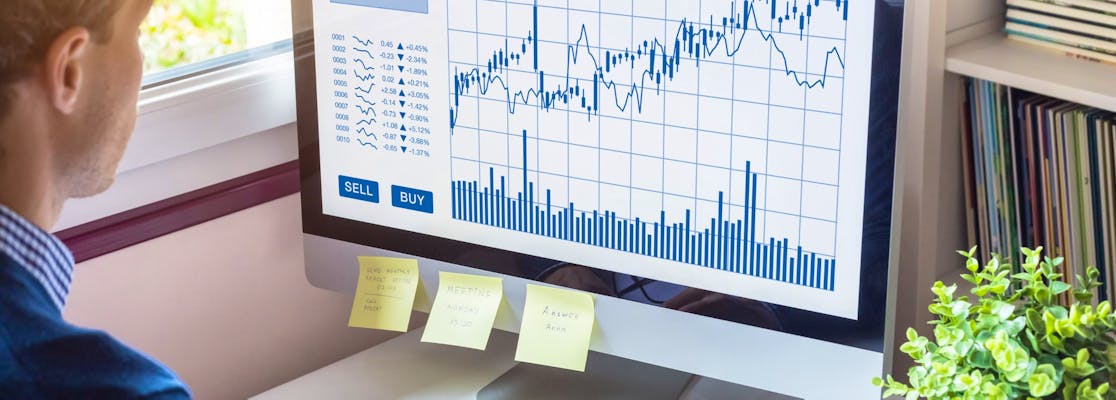Forex trading, which involves exchanging one currency for another on the foreign market, is not for the faint-hearted or inexperienced. Forex trading is risky. Due to its high leverage and rapid trading speed, investors could lose more than they invested. You can profit at the same time, which, when combined with liquidity, is what attracts currency traders. You can learn more about forex trading in the CMC markets review.
It would help if you looked at the trading platforms and tools available, leverage limits, customer service, and costs when choosing a forex broker. Comparing forex trading costs can be difficult because some brokers charge a commission. Others advertise no commissions. The bid-ask spread is the difference between what a dealer or broker charges for a currency (the offer) and what a dealer or broker sells it at (the ask). Brokers add their fees to that spread, increasing it and taking the extra.
One reason is that searching for the best forex brokers can take time and effort. Another reason is the variety of forex brokers available, many of which are not regulated or regulated in the U.S. We only considered brokers regulated by the National Futures Association (NFA) and the Commodity Futures Trading Commission (CFTC).
One tip: All brokers offer free demo accounts so that you can try the market with virtual dollars. You can start by playing with some money before you invest your real cash.
Comparing Brokers
Forex trading is all about how you trade. When choosing a broker, consider whether you will be trading in multiple currency pairs. You may also look for the broker with the highest leverage. Forex traders tend to focus on the platform. This is where most brokers differ. You can get a good idea of which platform offers the features you are looking for by testing several platforms.
Currency Pairs
Forex trading involves exchanging currency from one country for another. These trades are made in pairs. You might trade sterling pounds for the U.S. dollar, which would be represented as GBP/USD. You could also trade Swiss Francs for Hungarian Forints, expressed as CHF/HUF. Each broker offers a limited number of currency pairs, but some brokers offer more than others. You want to be able to trade many currencies at once, so look for the broker with the most currency pairs.
Trading Platforms
Every forex broker has its trading platform. Many provide access to research and the ability to chart results to forecast trends and test strategies. The best way to decide on a platform is by test-driving it. Many brokers provide trial access to their trading platform so that you can test it out.
Maximum Leverage
Forex traders leverage margin or leverage to trade more value than their account balance. Forex brokers often offer higher leverage than equity trades and futures trading. Forex is already extremely risky, and leverage can increase the risk. The forex broker with the highest leverage may not be the best for you.
Prices
Spread markup and commission are the two main ways forex brokers make money. A commission is a fee that brokers pay for each trade. It can be a flat dollar amount or a percentage. Others make money by marking up spreads, the difference between the price they pay to buy the currency — the bid — and the asking price. Comparing pricing among brokers who mark up the spread can be challenging. You may need to trade a few demo trades to find out.

